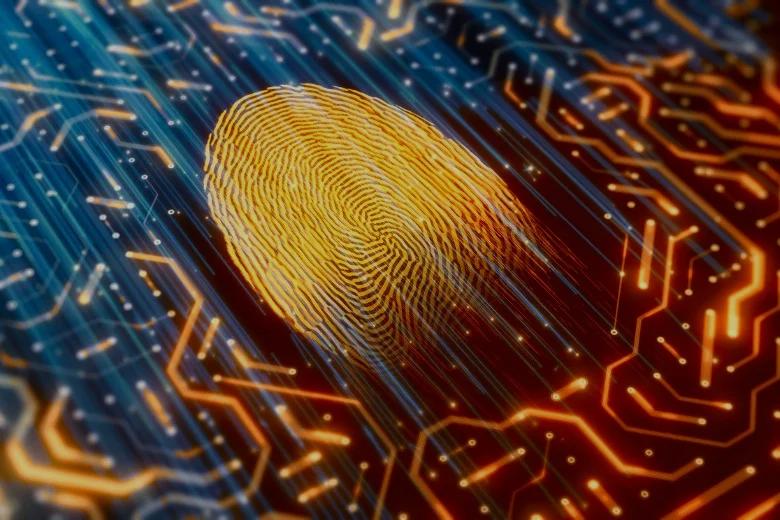
Draft digital ID legislation will see a phased expansion of the technology over four stages, the establishment of a national digital ID regulator, and enhanced powers for the Information Commissioner.

It would ultimately build an integrated system encompassing the Commonwealth, states, territories, and private sector, finance minister Katy Gallagher said.
In her first in-depth public speech on the issue, Senator Gallagher told attendees at an information industry lunch, including APS Commissioner Gordon de Brouwer and DTA chief Chris Fechner, she was determined to see a legislated Australian Digital ID system.
“It’s been eight years of work in progress and many of those years without progress,” Senator Gallagher said.
“It’s a more than worthy project with huge benefits for individuals, business, and the broader economy.”
Her comments came as the government released the draft legislation and opened a three-week consultation period, with the aim of introducing a bill this sitting year.
Addressing limitations
Senator Gallagher said the current digital ID system, which is operating without legislation, was beset with numerous limitations.
For example, it wasn’t national; the Commonwealth couldn’t verify people biometrically against state-issued documents; it could only be used to access government services; and private sector providers couldn’t verify people against government documents.
“This falls short of our vision for a national, economy-wide system,” she said.
“We are working right across government to join all these areas up.”
She said while Australia was observing digital ID in international jurisdictions, it wouldn’t simply be imitating them, and drew the line at giving people citizenship numbers at birth, or letting the private sector be a sole provider of digital ID.
Four phases to integrated digital identity
Under the current legislation, there’ll be a phased expansion of Digital ID, nationally and economy-wide, over four phases, the minister said.
- Phase one will legislate for digital ID, establish a regulator and expand use of Digital ID across government and the private sector.
- Phase two will allow state and territory digital IDs to be used to access a Commonwealth services.
- Phase three see myGovID used in the private sector – such as opening a new bank account, or verifying a telco contract or real estate lease.
- Phase four will allow accredited privately provided digital IDs to be used when accessing some government services.
Governance and regulation
The legislation will establish governance around the digital ID system including establishing a regulator, with the ACCC to act as interim regulator.
In this role the ACCC will have powers to accredit entities for digital ID, undertake compliance and enforcement and provide approval for services to join the ID system.
The legislation will also expand the role of the Information Commissioner, with new powers to regulate privacy-related aspects of digital ID.
The legislation provides for the appointment of a Data Standards Chair, to provide technical standards to support the operation of the system and the accreditation scheme.
It also deals with the use of, and restrictions around, biometric data as part of digital ID.
Senator Gallagher said any ID scheme needed to be voluntary, and therefore the government would continue to provide other channels to access services.
More than 10.5 million Australians already have a Digital ID to access government services, she said and MyGovID is being used by millions of Australians to access 130 services across 40 different government agencies.
Comment below to have your say on this story.
If you have a news story or tip-off, get in touch at editorial@governmentnews.com.au.
Sign up to the Government News newsletter